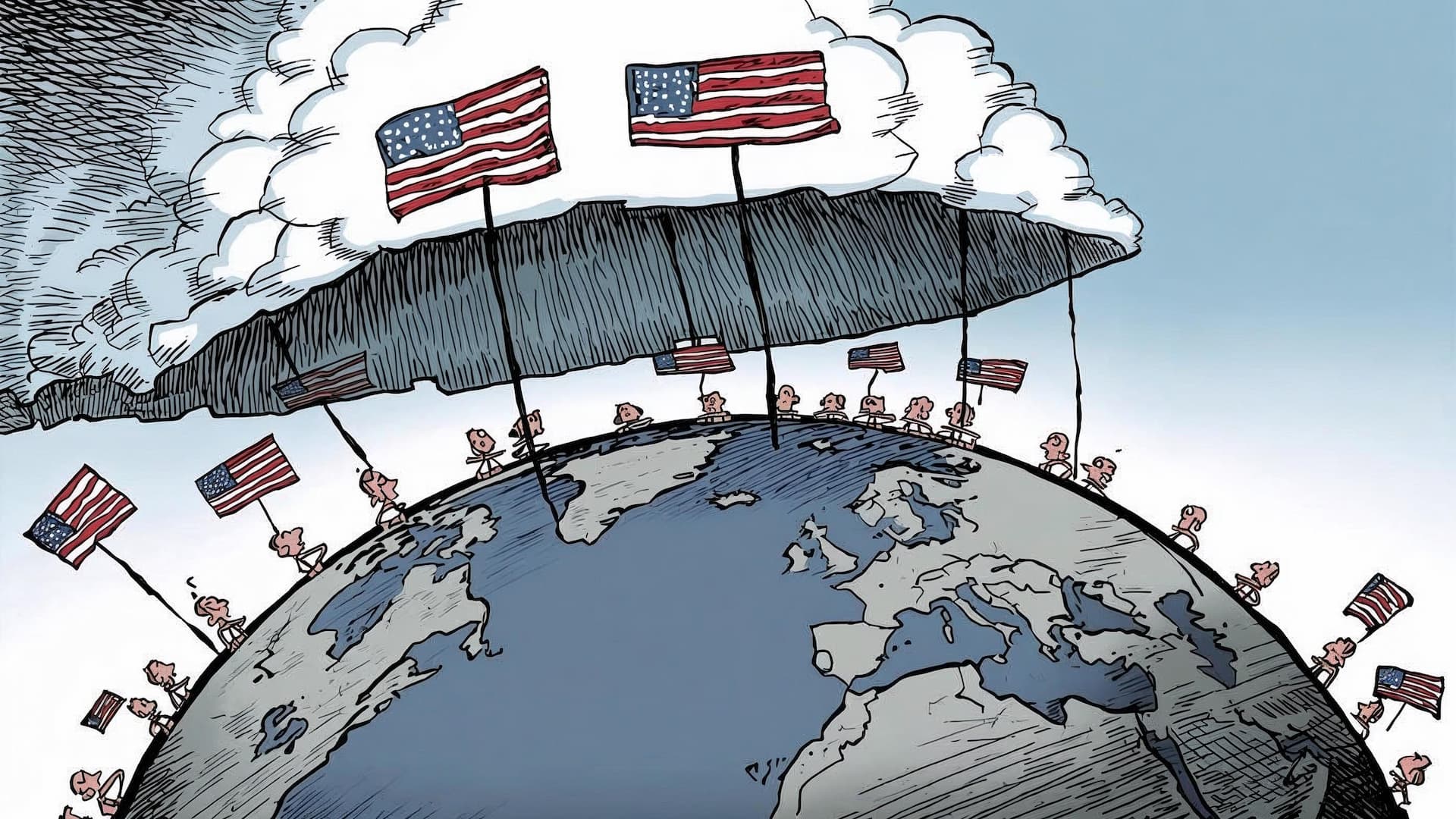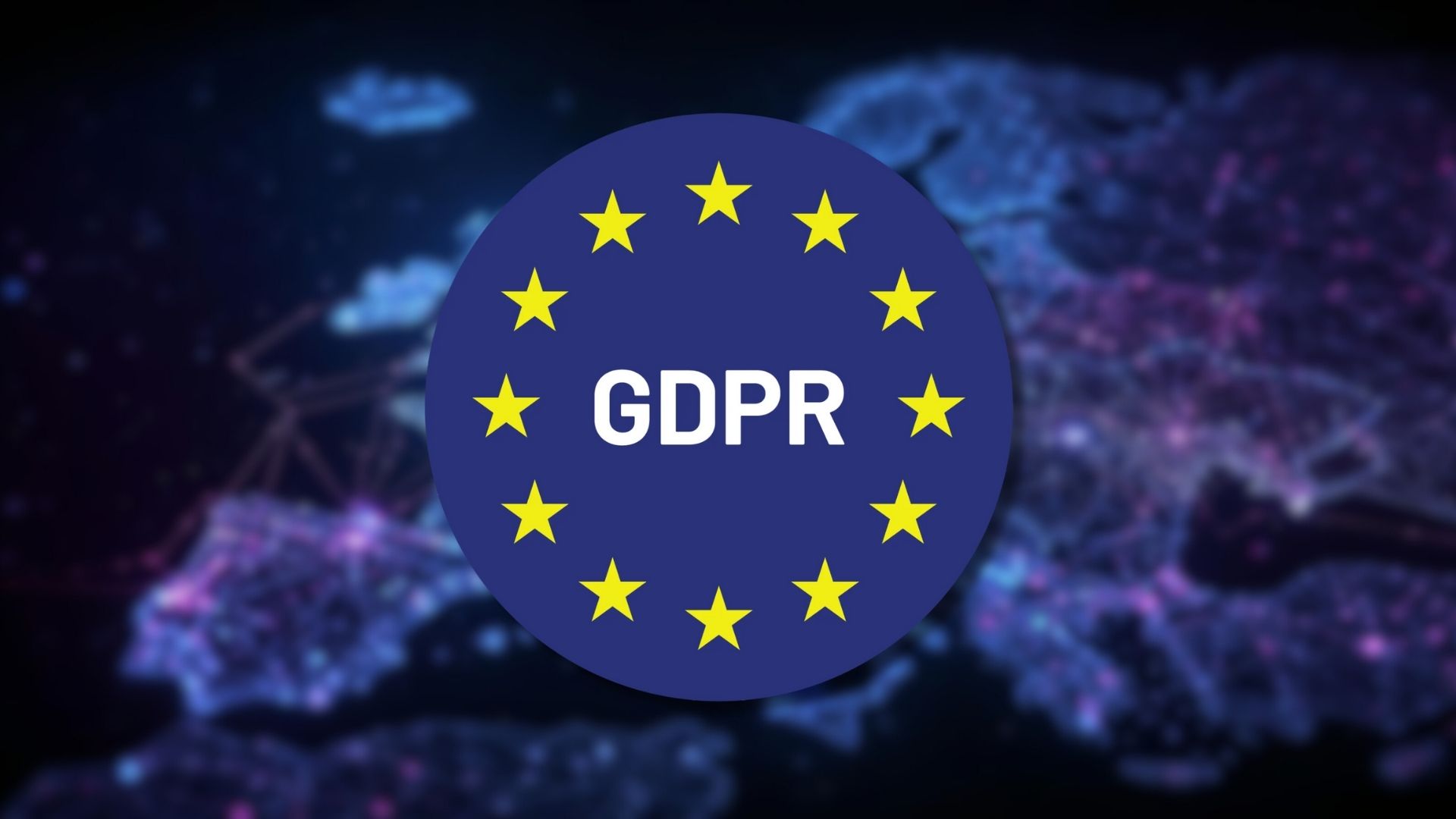Regulators in the Netherlands have opened a formal investigation into Roblox over concerns about inadequate protections for children using the popular gaming platform.
The national authority responsible for enforcing digital rules is examining whether the company has implemented the safeguards required under the Digital Services Act rather than relying solely on voluntary measures.
Officials say children may have been exposed to harmful environments, including violent or sexualised material, as well as manipulative interfaces encouraging more extended play.
The concerns intensify pressure on the EU authorities to monitor social platforms that attract younger users, even when they do not meet the threshold for huge online platforms.
Roblox says it has worked with Dutch regulators for months and recently introduced age checks for users who want to use chat. The company argues that it has invested in systems designed to reinforce privacy, security and safety features for minors.
The Dutch authority plans to conclude the investigation within a year. The outcome could include fines or broader compliance requirements and is likely to influence upcoming European rules on gaming and consumer protection, due later in the decade.
Would you like to learn more about AI, tech and digital diplomacy? If so, ask our Diplo chatbot!










